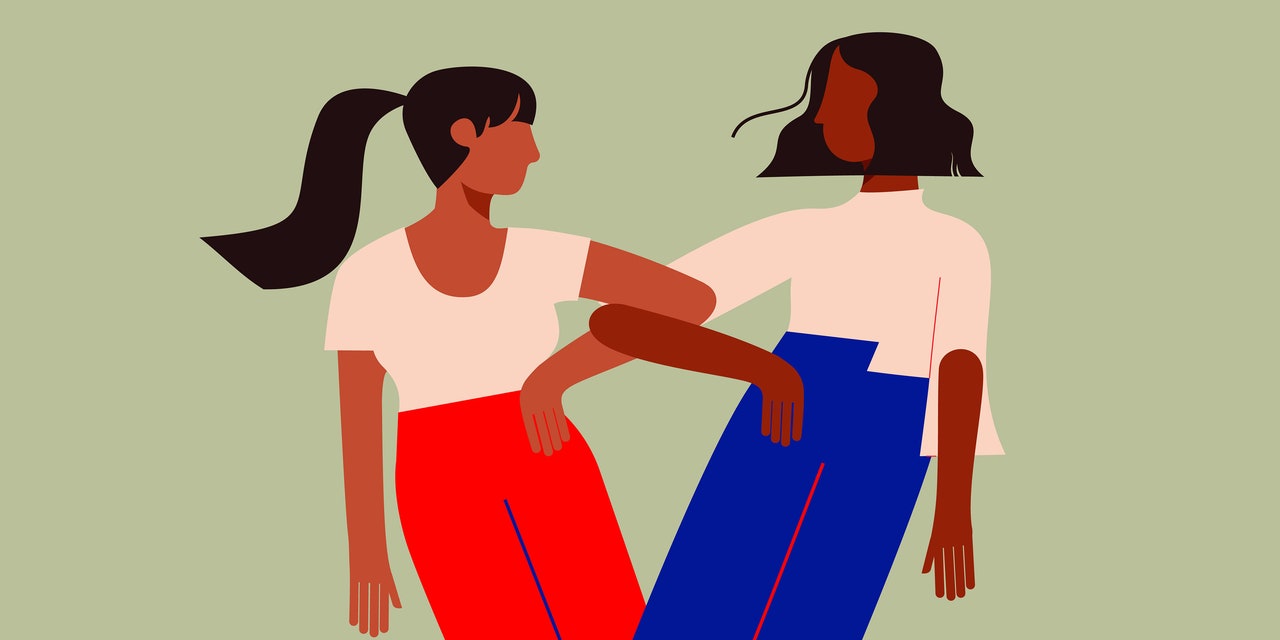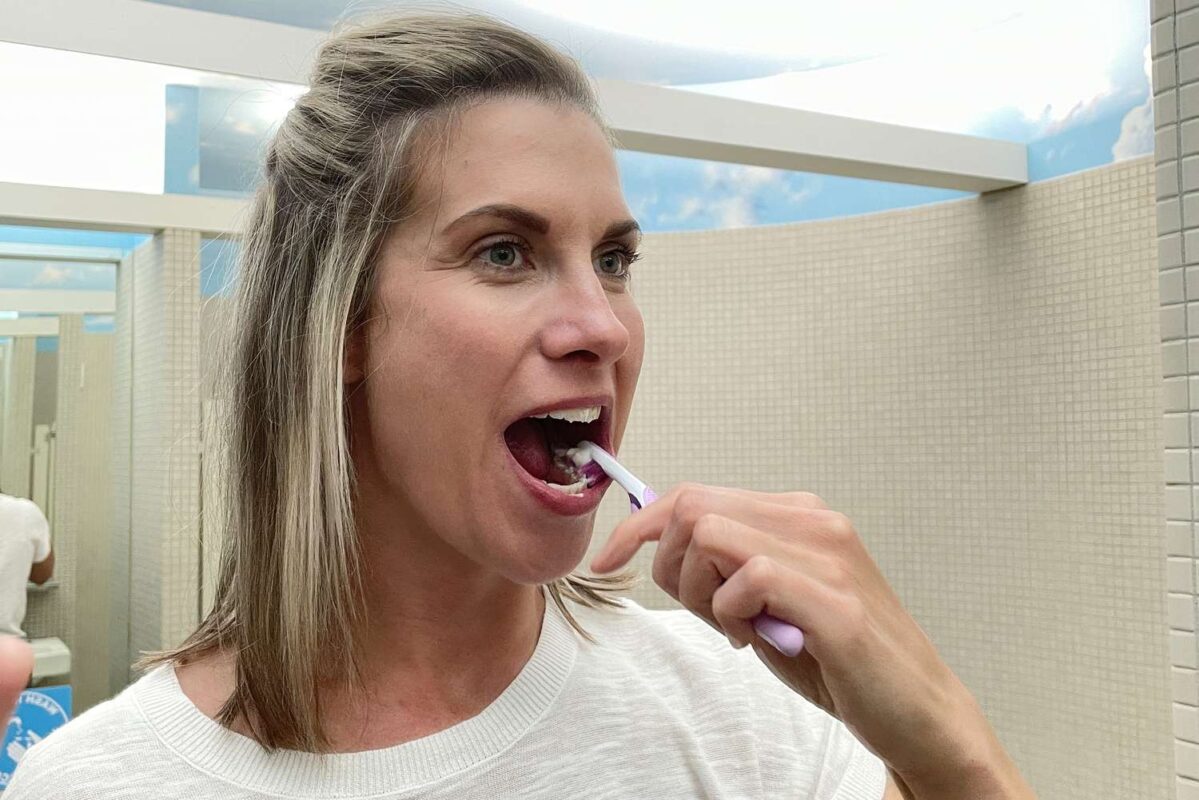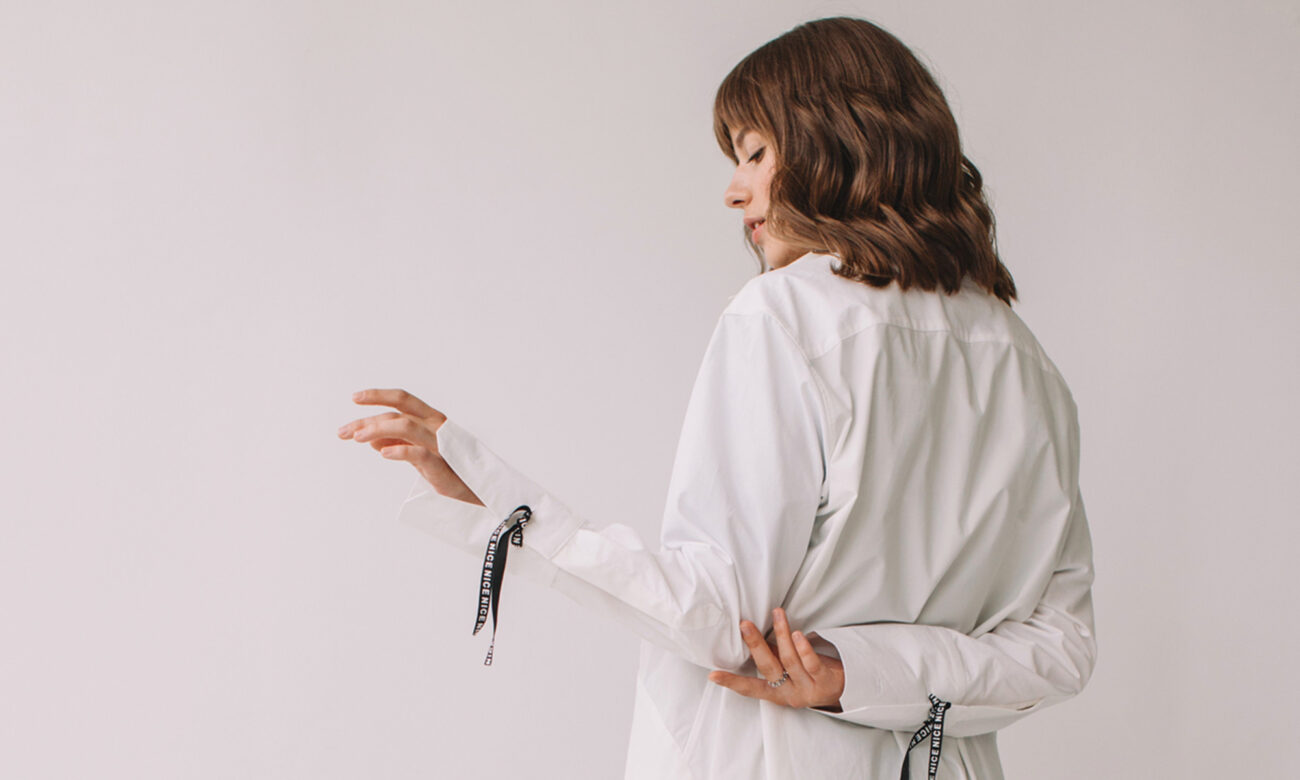Blog
5 Signs You’re in a Codependent Friendship, According to Experts

It can be surprisingly hard to spot a codependent friendship—especially when we’re constantly fed idealized images of “ride or die,” inseparable duos who do everything together. That level of closeness almost seems like the goal.
But codependency isn’t just about being tight-knit. It’s a pattern of relying on someone else to feel secure, grounded, or okay with yourself—often to the point where your own needs and individuality take a backseat. “There’s nothing wrong with finding value in or prioritizing friendships,” Sienna Chu, LMHC, licensed therapist based in New York City, tells SELF. “It becomes a problem when you feel like your worth and identity are overly invested in just one person, and you have a difficult time having a sense of who you are without them.”
While it’s become a notorious buzzword in romantic relationships, codependency often flies under the radar in platonic ones (even though it can be just as harmful). Wondering whether your bond might be a little too all-consuming? Here are a few sneaky red flags to look out for, according to experts.
1. You need their opinion before making up your mind.
Sure, there are times it makes sense to wait for your buddy’s POV—like wanting them to weigh in on the menu before ordering dinner or checking if your outfit passes the vibe check. But then, it might snowball: Maybe you won’t schedule a date until your bestie “approves” of their Tinder profile. Or you find yourself holding off on forming an opinion—about a trendy show, a mutual friend, juicy celebrity drama—until you hear their take first.
If you reach a point where it feels like you can’t move forward without their input, you’ve probably gone beyond just valuing their advice—and into full-on needing their approval to live your life. “You’re depending on them to tell you what’s okay, rather than being confident and having a sense of independence about what matters to you,” Sharon Martin, LCSW, therapist based in San Jose, California and author of The Better Boundaries Workbook, tells SELF. Maybe you do this because your pal has previously pressured you to always “check in,” or it’s your own insecurity driving this desire for affirmation. Either way, when someone else’s input begins to matter more than your own instincts, Martin says that could be a sign you’re starting to lose yourself in the relationship.
2. Your mood depends on how they’re doing.
Rather than simply feeling happy for them when they get a promotion, or sad when they’re going through a breakup, “you may feel personally responsible for their emotions,” Chu says. It’s not just, My friend is upset and I want to cheer them up—it’s, I can’t feel okay unless they are.
So instead of offering support, you might find yourself trying to fix or control their mood just to soothe your own. That might lead you to spot them money because they’re anxious about their monthly bills (even though doing so puts you in a tough spot, too). Or losing sleep over their family drama. Basically, “there’s no space in the relationship for you to have and process your own, different feelings,” Martin says, which will only set you up for disappointment down the line.
3. Your other relationships are slipping.
Even if you’re lucky enough to have one go-to, amazing bestie—the person who listens to your unhinged vent sessions and understands your oddly niche memes—it’s important (healthy, actually) to have other people in your social network, too. That could mean family and additional friends, of course, but also coworkers you actually like or even more casual acquaintances who see a different side of you.












